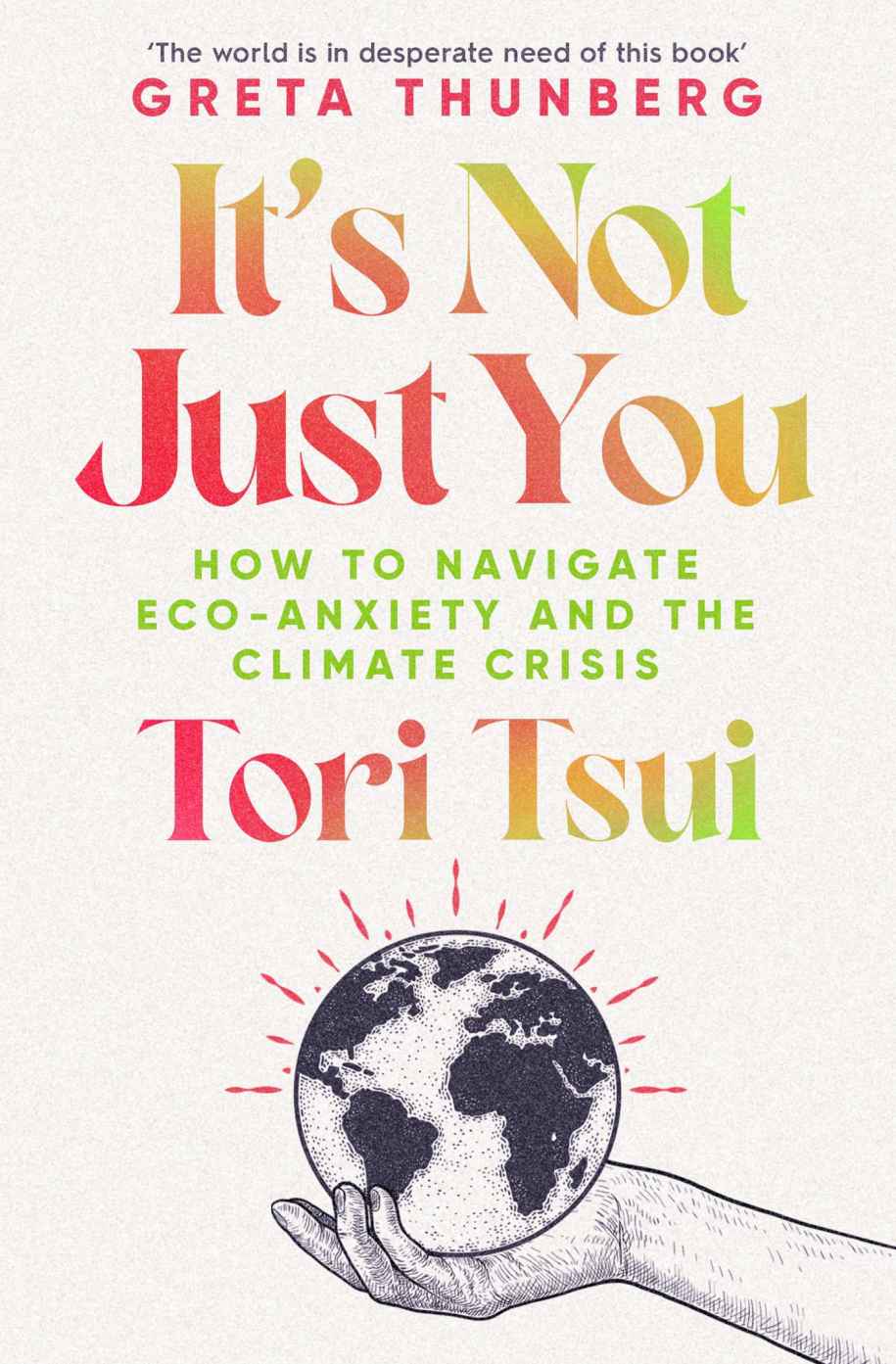

Most ebook files are in PDF format, so you can easily read them using various software such as Foxit Reader or directly on the Google Chrome browser.
Some ebook files are released by publishers in other formats such as .awz, .mobi, .epub, .fb2, etc. You may need to install specific software to read these formats on mobile/PC, such as Calibre.
Please read the tutorial at this link: https://ebookbell.com/faq
We offer FREE conversion to the popular formats you request; however, this may take some time. Therefore, right after payment, please email us, and we will try to provide the service as quickly as possible.
For some exceptional file formats or broken links (if any), please refrain from opening any disputes. Instead, email us first, and we will try to assist within a maximum of 6 hours.
EbookBell Team

5.0
100 reviews'It's Not Just You is a galvanising breath of fresh air' - Mikaela Loach
'Tori Tsui is changing the conversation around mental health and the climate crisis' - Vogue
‘A must-read for anyone who would love to understand the intersections of mental health and the climate crisis’ - Vanessa Nakate
------------------------
It’s not just you.
The climate crisis is making us all unwell.
But not just you.
The climate crisis is affecting certain communities disproportionately.
And it’s not just the climate crisis…
The term ‘eco-anxiety’ has been popularised as a way to talk about the negative impact of the climate emergency on our wellbeing. In It’s Not Just You, activist Tori Tsui reframes eco-anxiety as the urgent mental health crisis it clearly is.
Drawing on the wisdom of environmental advocates from around the globe, Tori looks to those on the frontlines of eco-activism to demonstrate that the current climate-related mental health struggle goes beyond the climate itself. Instead, it is a struggle that encompasses many injustices and is deeply entrenched in systems such as racism, sexism, ableism and, above all, capitalism.
Because of this, climate injustice disproportionately affects most marginalised communities, who are often excluded from narratives on mental health. Tori argues that we can only begin to tackle both the climate and mental health crisis by diversifying our perspectives and prioritising community-led practices. In essence, reminding us that It’s Not Just You.
Tackling this increasingly urgent crisis requires looking both inwards and outwards, embracing individuality over individualism and championing climate justice. Only then can we start to build better futures for both people and the planet.